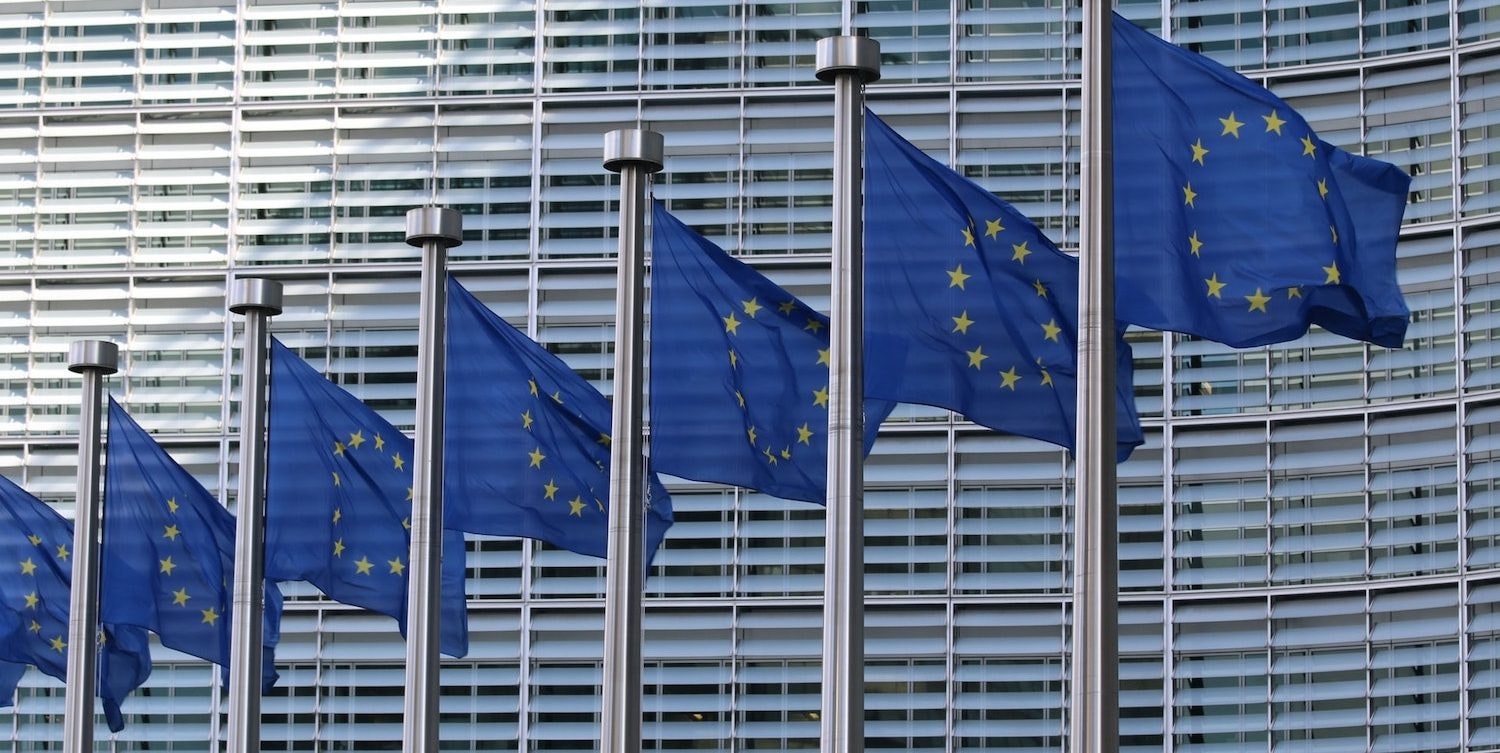In Ukraine, the daily challenges of war still remain significant almost two years after the invasion from Russia. Despite this — and somewhat against the odds, the country’s tech sector continues to evolve, attracting investment and talent from across the world and celebrating its achievements at its annual IT Arena conference.
As of 2022, the sector represented 4.9% of Ukraine’s GDP, and on average over the last three years IT services exports have valued almost $7 billion.
Last year, the number of tech specialists in Ukraine increased by over 7%. In addition, 36% of CEOs who lead Ukrainian tech companies say they plan to open new offices in 2024.
What’s behind the momentum — and will it continue?
Building the ecosystem
Stepan Veselovskyi is CEO at Lviv IT Cluster, the largest community of IT companies in Ukraine, and its annual tech conference, IT Arena. He believes a key trend in Ukraine's tech industry in the last decade has been the increasing number of people in the talent pool.
“In 2014, tech professionals counted 75,000 people engaged in the industry — this has grown to 307,000 people in 2023,” he says. “There are currently 2,150 active tech companies operating in Ukraine. High-quality STEM education and rapid industry development are the main factors for this elevated growth.”
CEOs in the technology sector continue to recruit personnel, engage new clients and operate with confidence
According to Paul Oliver, deputy director of USAID Office of Economic Growth, a US governmental agency that aims to assist other countries, 35% of Ukrainian tech workers are women, “an impressive doubling of the proportion compared to a decade ago”.
Veselovskyi also notes the importance of mergers and acquisitions over the last decade, as well as international investments in Ukrainian startups.
In 2020, Ukrainian-founded startup Reface, which has developed AI-powered face-swapping technology, raised $5.5 million. In 2023, Respeecher, which builds speech synthesis AI, raised $1.9 million and AiSDR, which offers AI tools that build customer profiles, raised $3 million from investors including Y Combinator and Pioneer Fund.
The Ukrainian government launched Diia City, a special legal and tax regime, to incentivise more Ukrainian success stories just weeks before the full-scale invasion in February 2022. The programme offers favourable tax conditions and tools that help companies to build transparent corporate structures, attract foreign investment and protect intangible assets.
In its two years of operation, Diia City has attracted over 800 Ukrainian and international companies, including prominent players like Samsung, Revolut and Lyft.
“Despite the uncertainty surrounding the war’s duration, CEOs in the technology sector continue to recruit personnel, engage new clients and operate with confidence,” says Oliver. “Decentralised staffing, rebuilt client engagement processes and a commitment to deliver regardless of circumstances have become integral to the sector’s response.”
Alex Bornyakov, deputy minister of digital transformation for Ukraine, adds that there is a positive trend of growing attention towards the Ukrainian tech sector.
“Before the invasion, there were no initiatives or plans to establish venture capital funds exclusively supporting Ukrainian startups and the ecosystem,” he says. “Now, there are such funds worldwide — namely Blue & Yellow Heritage Fund by ffVC, UFF, D3 Venture Capital Firm and Growth Fund IV.”
Facing the challenges
Veselovskyi says one of the challenges of “doing business with Ukraine” is the absence of a unified touchpoint or single point of contact with Ukrainian solution providers.
To remedy this, Lviv IT Cluster is working with the Ministry of Digital Transformation on a solution to help international customers find Ukrainian partners via a web-platform, which is expected to launch in mid 2024.
Despite global challenges, IT Arena showcased the strength and resilience of Ukraine
Its annual tech conference, IT Arena — which celebrated its 10th anniversary in 2023 — further amplifies its mission. Set to take place from September 27-29 this year, it is Ukraine’s largest English-speaking tech event and brings together over 5,000 participants for discussions, business networking and inspiration.
“IT Arena 2023 was a game changer,” says Nazariy Zhovtanetskyy, chief strategy officer at N-iX, one of the founding members of Lviv IT Cluster. “Despite global challenges, IT Arena showcased the strength and resilience of Ukraine, offering a platform for networking, forming alliances and gaining insights from global experts.”
Bornyakov agrees, noting how the event has consistently served as a meeting ground for investors, tech business representatives and IT professionals, drawing participants from Ukraine and beyond.
“For me, IT Arena embodies the essence of collaborative efforts and dialogue — an arena for the exchange of experiences and healthy competition,” he says. “These elements are pivotal for the continued development of the Ukrainian tech sector.”
Ongoing demand
While there isn’t yet an end in sight right now for the ongoing war, Zhovtanetskyy remains positive that the demand for IT services — both in Ukraine and internationally — will remain significant and is ripe for growth. Worldwide IT spending is projected to grow by 6.8% in 2024, according to Gartner.
Scaling up the startup ecosystem is a key focus at the state level too
Oliver adds that healthtech, electronics and solutions to logistical challenges such as blackouts and connectivity gaps are also rising.
“Products and services in these and other areas are being developed, tested and launched far quicker in Ukraine today because these needs are urgent,” he says.
In broader terms, Bornyakov says it's evident that the product sector in Ukraine is stepping into the limelight — even outsourcing companies are increasingly venturing into developing their own products and launching startups, he says.
“Scaling up the startup ecosystem is a key focus at the state level too,” adds Bornyakov. “Through initiatives like organising trade missions, instilling an entrepreneurial culture from school and establishing favourable and transparent investment conditions, we aim to significantly boost the number of startups in Ukraine.
“Our ultimate goal is to position Ukraine among the top five European countries in terms of the number of startups per million people.”
IT Arena 2024 takes place from September 27-29 bringing together more than 5,000 entrepreneurs, innovators and thinkers in Lviv for three days of discussions, business networking and inspiration. Prebook your tickets now.





